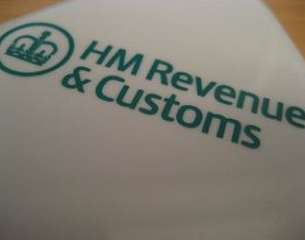HM Revenue and Customs (HMRC) has published a consultation on one of the Office of Tax Simplication’s (OTS) share scheme recommendations.

Its consultation, Office of Tax Simplification review of unapproved share schemes: marketable security, looks at a recommendation made by the OTS in January 2014 that the government introduce the concept of ‘marketable security’ into the tax rules for employment-related securities.
In its Budget 2014, the government confirmed it would consult on four tax simplifications in response to OTS’ review of employee benefits and expenses.
The recommendation would change the basis of taxation for employment-related securities, such as employee shares, so that, broadly, individuals can choose whether the tax charge on these securities arises at the time they are acquired or, if different, at the time at which they can be sold for cash, when they become ‘marketable’.
The consultation, which will be open for 12 weeks, seeks the views of employers and employees that provide or receive employment-related securities, as well as their advisers and representatives, and payroll and share scheme administrators.
Lesley Fidler, tax director, employer consulting at Baker Tilly, said: “The OTS proposal was that, if employees who get shares or other securities by virtue of their employment, cannot at the time sell any of them to fund the accompanying tax and [national insurance contributions] NIC charge, then those employees should be able to choose to defer that charge.
“For employees who acquire ‘employment-related securities’ in organisations where there is a ready market for them, the problem does not arise and no changes are proposed. Those employees can sell part of their acquisition to meet their tax and NICs bill, or they can choose to hold on to the lot and use other personal funds to meet those charges.
“But, when there is no ready market for the employment-related securities, employees have a ‘dry’ tax charge and are forced to find the funds from their own resources or refuse the securities or prevail upon their employer to pay a bonus that, after tax and NICs on that cash, will enable the employee to meet the charge.
“The OTS proposal seems so sensible when viewed in the light of a particular problem. The government says that it is committed to supporting employee ownership and encouraging its use more widely in UK business.
“That is, until HMRC comes up with its twelve consultation questions, many of which are concerned with ensuring that anti-avoidance issues can be incorporated into its solution. The result is additional complexity.”